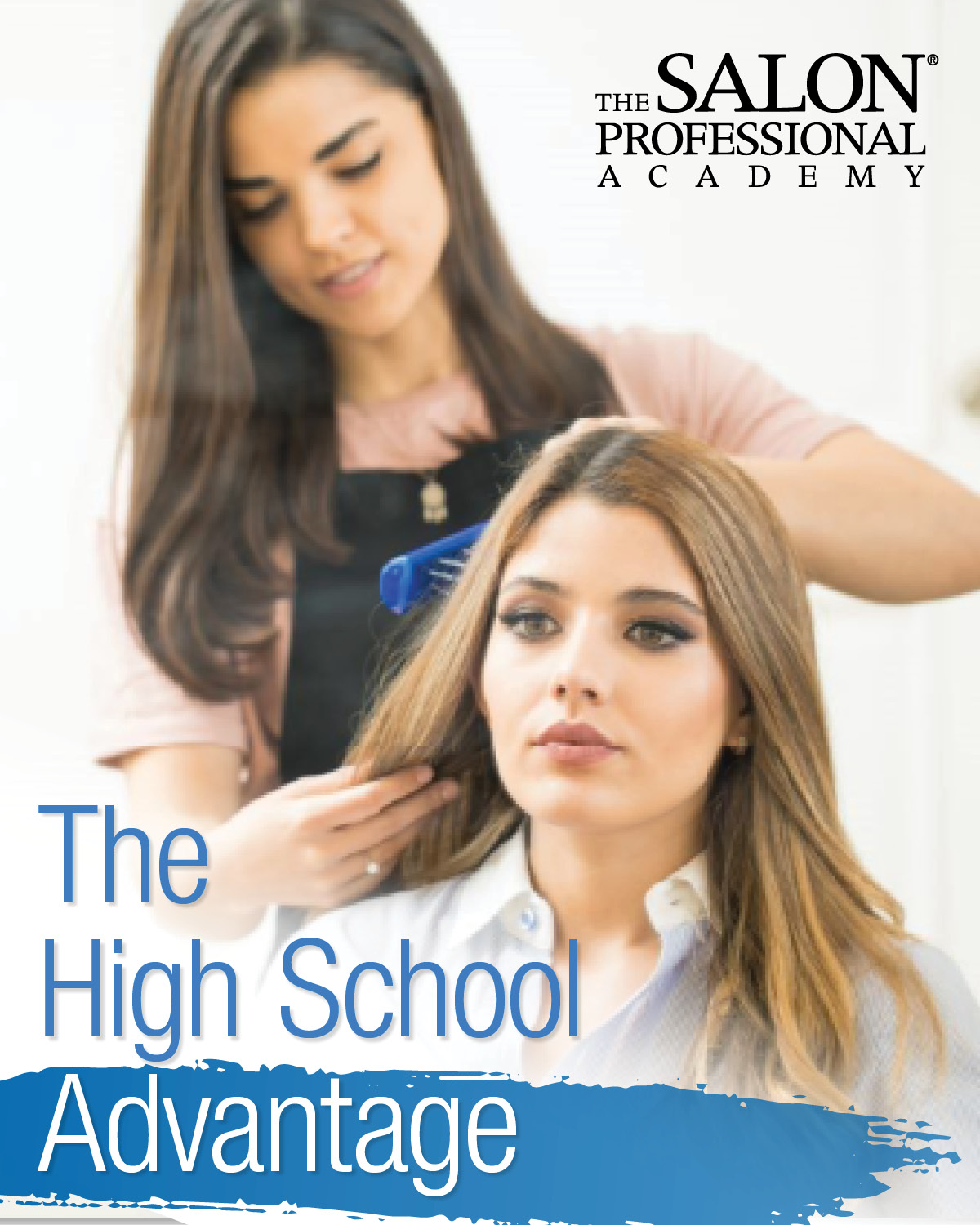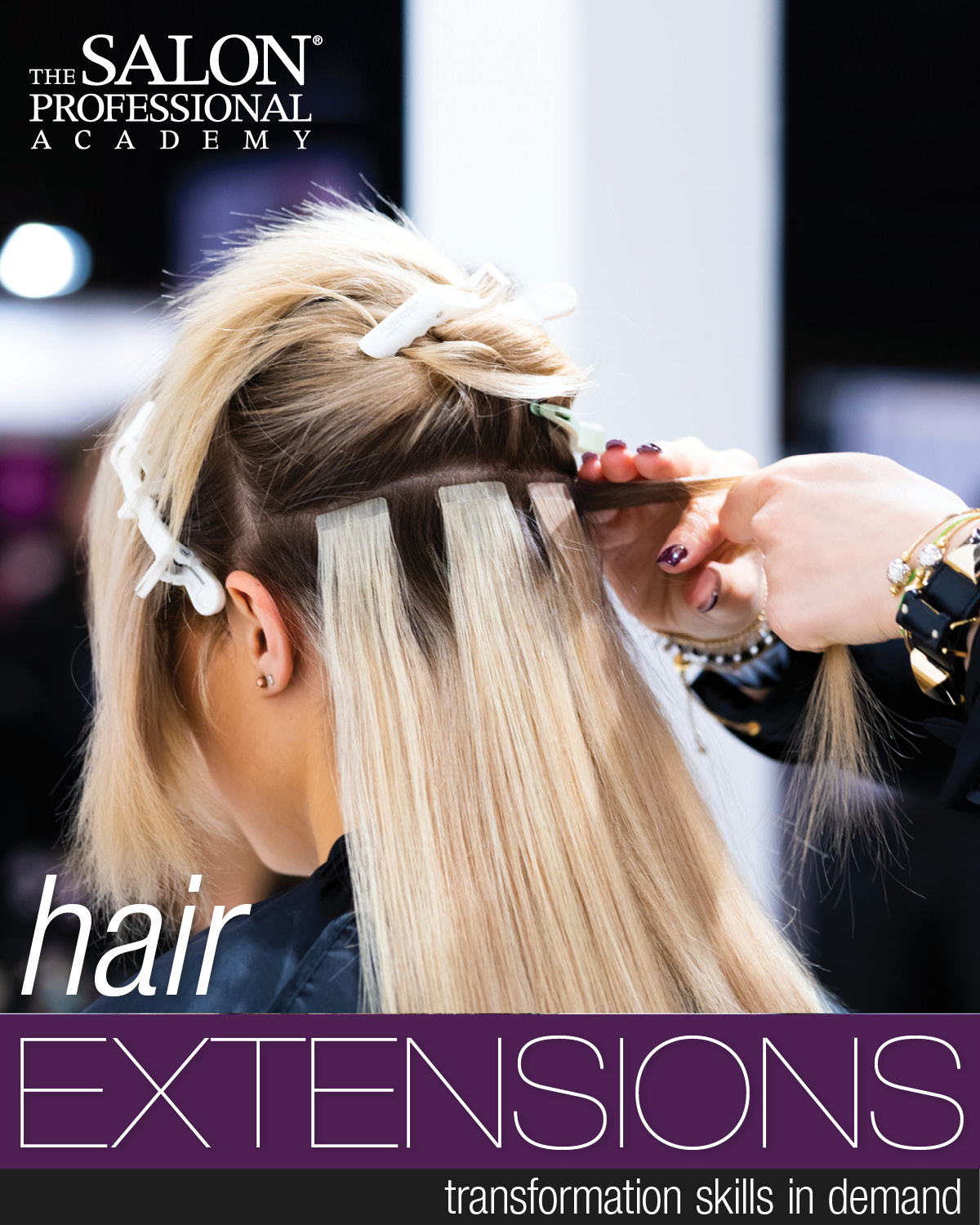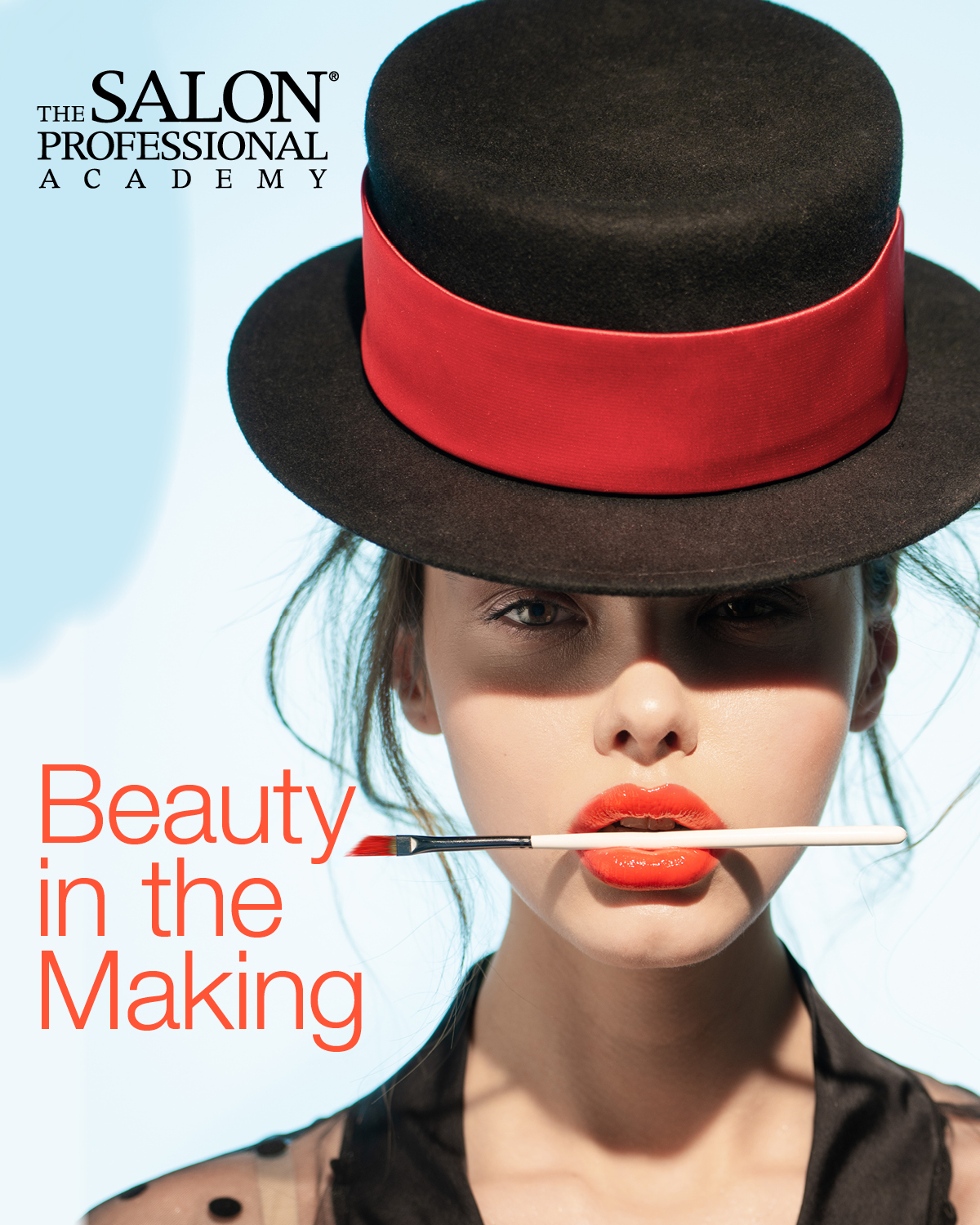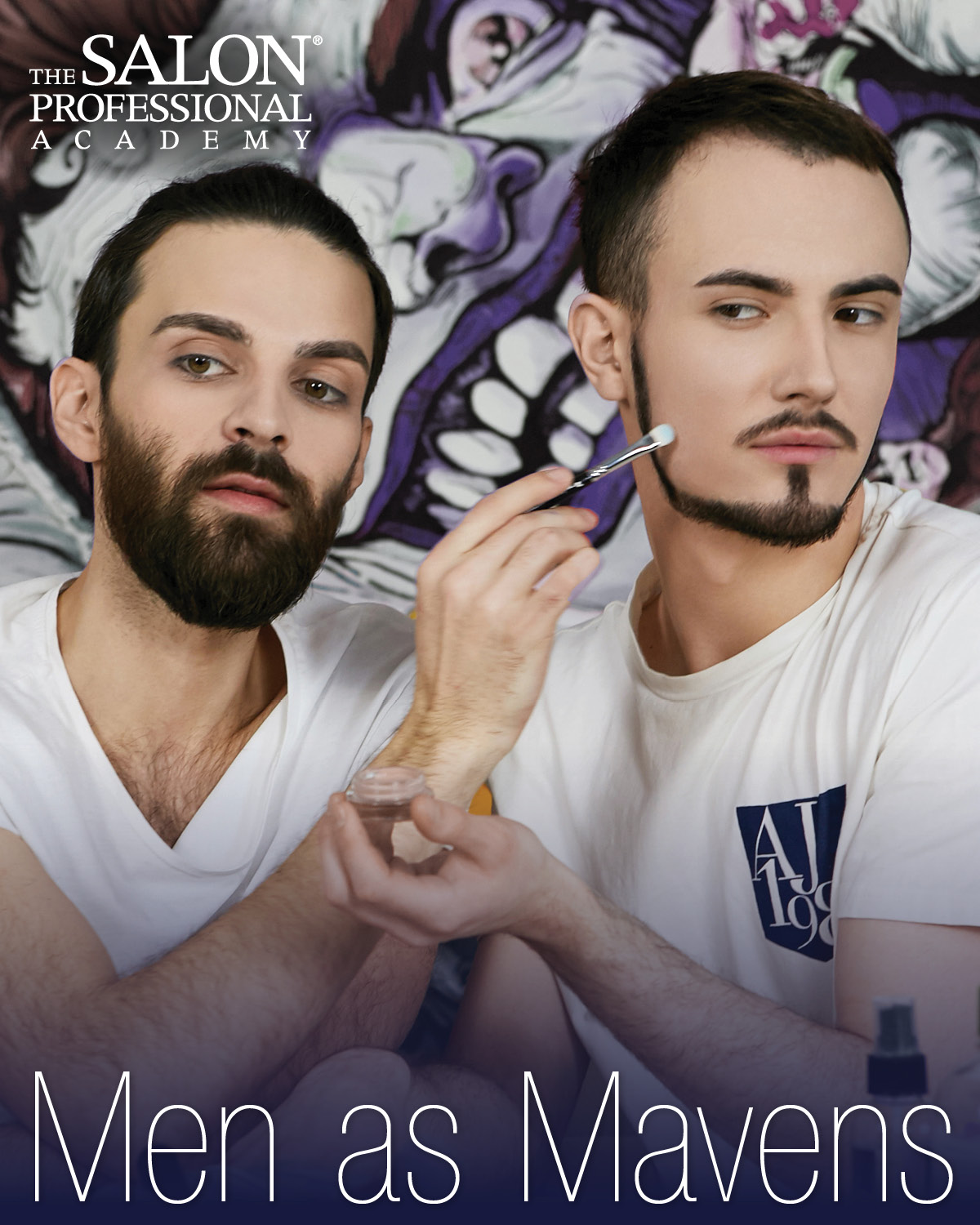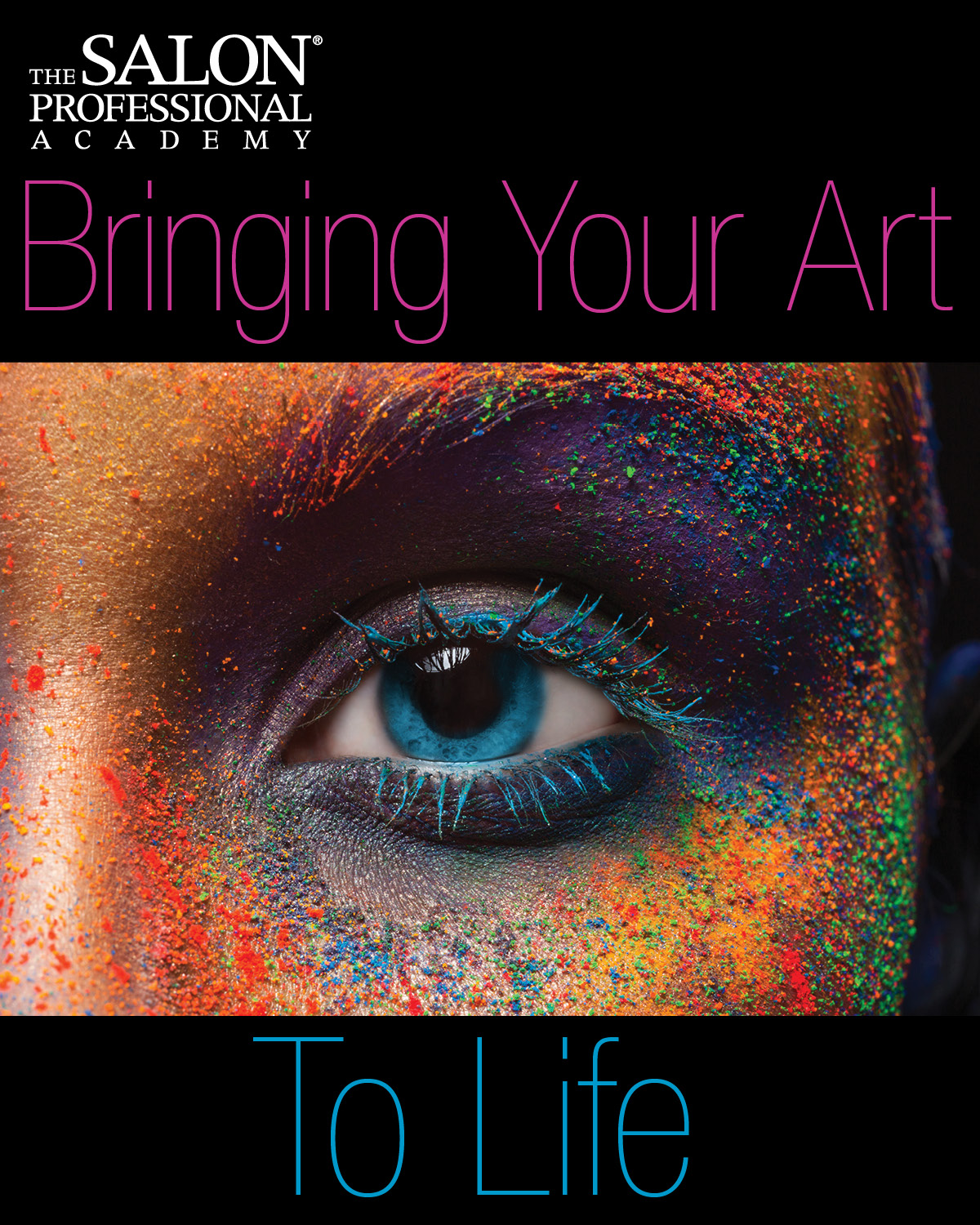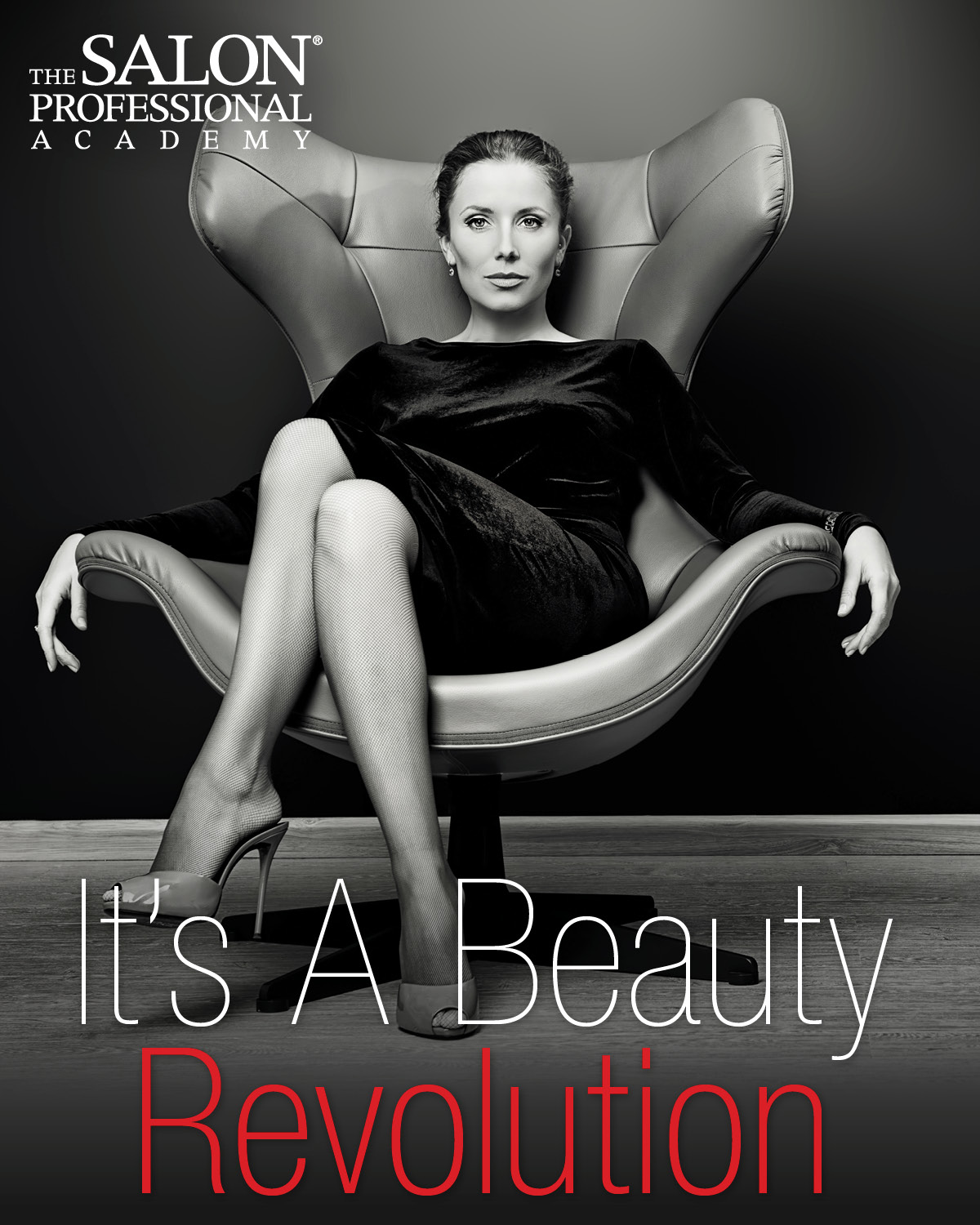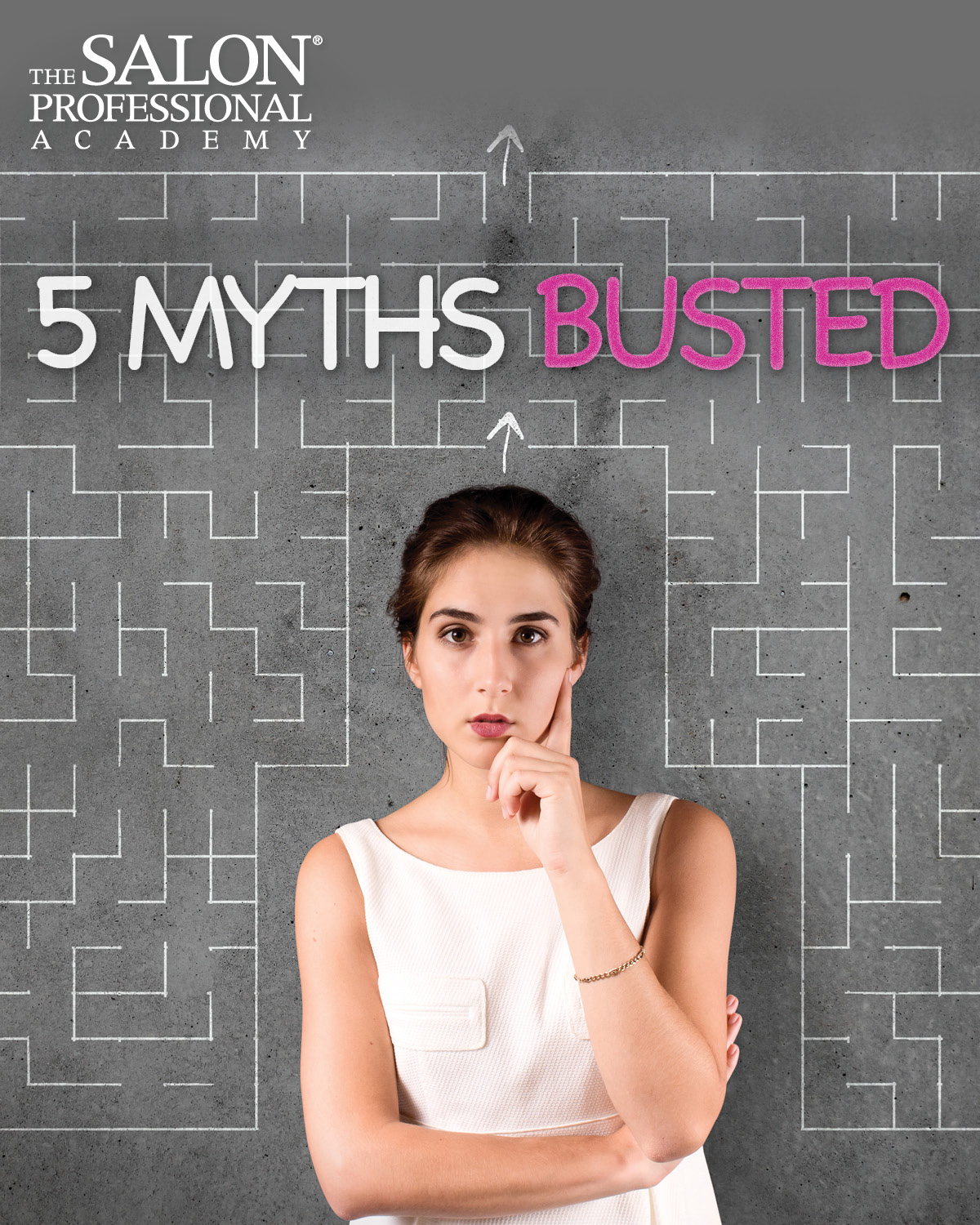Are you the person your inner circle everyone constantly relies on to help them get ready and look good for any occasion? If the answer is yes, chances are you have a passion for helping others achieve their desired look with hair styling or makeup application. If you’re a high school student looking for a career in the beauty industry, cosmetology school is a great way to get your feet wet. With talented educators, professional tools, and innovative technology, you can learn how to become the cosmetologist you’ve always dreamed of becoming.
Keep reading to see how you can begin your cosmetology journey!
Can I enroll in cosmetology programs while I’m still attending high school?
For most cosmetology programs, there is a policy that students must have a high school diploma, GED, or equal to enroll. But that doesn’t mean you can’t be involved in campus culture as a high school student! Although you may not be able to enroll right away, there are several ways you can learn about cosmetology. You can reach out to our admissions director to explore your options and schedule a tour to see if it’s a good fit for you.
It doesn’t end there. After you’ve taken a tour, you’re eligible to receive a free service on our campus!
Keep up on Social Media
After reaching out to admissions and scheduling a tour, make sure to keep up with the cosmetology school on social media. That way, you’ll be in the know about any fun events, beauty boot camps, and workshops that you can attend on campus!
Become a Model for Cosmetology Services
A lot of the time, cosmetology schools need models to work on for educational purposes. If you don’t mind experimenting with your look, this is a great way to learn for free before enrolling. You can still get involved by asking to be a model for hairstyles, color, makeup, and more!
Do Some Research
If you’re planning on attending cosmetology school, you should make it a point to see if your school is accredited or meets high standards for quality. It also wouldn’t hurt to educate yourself about brands the school has partnered with.
The Salon Professional Academy has partnered with Redken, who recognized our educational efforts as one of the best in the country. Other brands we’ve worked with include:
- MUD Makeup
Know Before You Go
To have a successful career in cosmetology, it’s important to have knowledge in different areas like the arts, sciences, and communications. The best part is that these are classes you can take while still attending high school. They will make a difference and help in the long run!
What happens next?
If you have dreams of ditching 9 to 5 and working in a beauty salon or hair salon, check out our cosmetology programs at The Salon Professional Academy and book a tour today!
